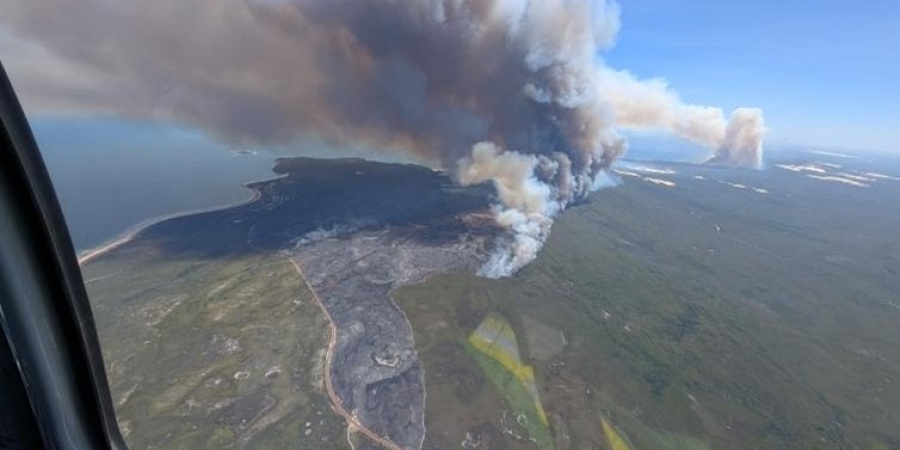
Chesapeake fire 2025. Photo DBCA
The Parks and Wildlife Service hosted community meetings in Manjimup and Walpole last week to share the department’s approach to bushfire management in the Warren Region.
The meetings covered the department’s approach to managing biodiversity values at a landscape level, detection and response capabilities, and current fire science and monitoring projects being implemented and how these support an adaptive management approach to fire.
Information was presented about the 2024-25 season’s fuel management and bushfire suppression efforts, and the draft 2025-26 burn options program.
Parks and Wildlife Service Warren Region Manager Tim Foley said the community meetings were a new approach supporting the department’s more targeted engagement with the community.
“This year, we opened the meetings to anyone in the community with an interest in fire management and we thank the more than 90 people who attended across the two days, including the 55 locals who attended the Walpole meeting,” Mr Foley said.
“There are many complexities and challenges the department considers with its bushfire management including biodiversity and cultural heritage values, community protection, visitation and recreational use, seasonal variability and impacts on local agricultural industries, and it’s important that we communicate these.
“The complexities and challenges are reflected in the diversity of views around fire management. We welcome these views and are seeking to encourage a constructive dialogue.
“It’s also important to recognise that fire management is a shared responsibility with local government and private property owners.”
DBCA Warren Region’s draft annual and three-year burn options programs were presented at these meetings. The burn options program will be published on the DBCA website in coming months, once finalised.
View the Donnelly presentation.
View the Frankland presentation.